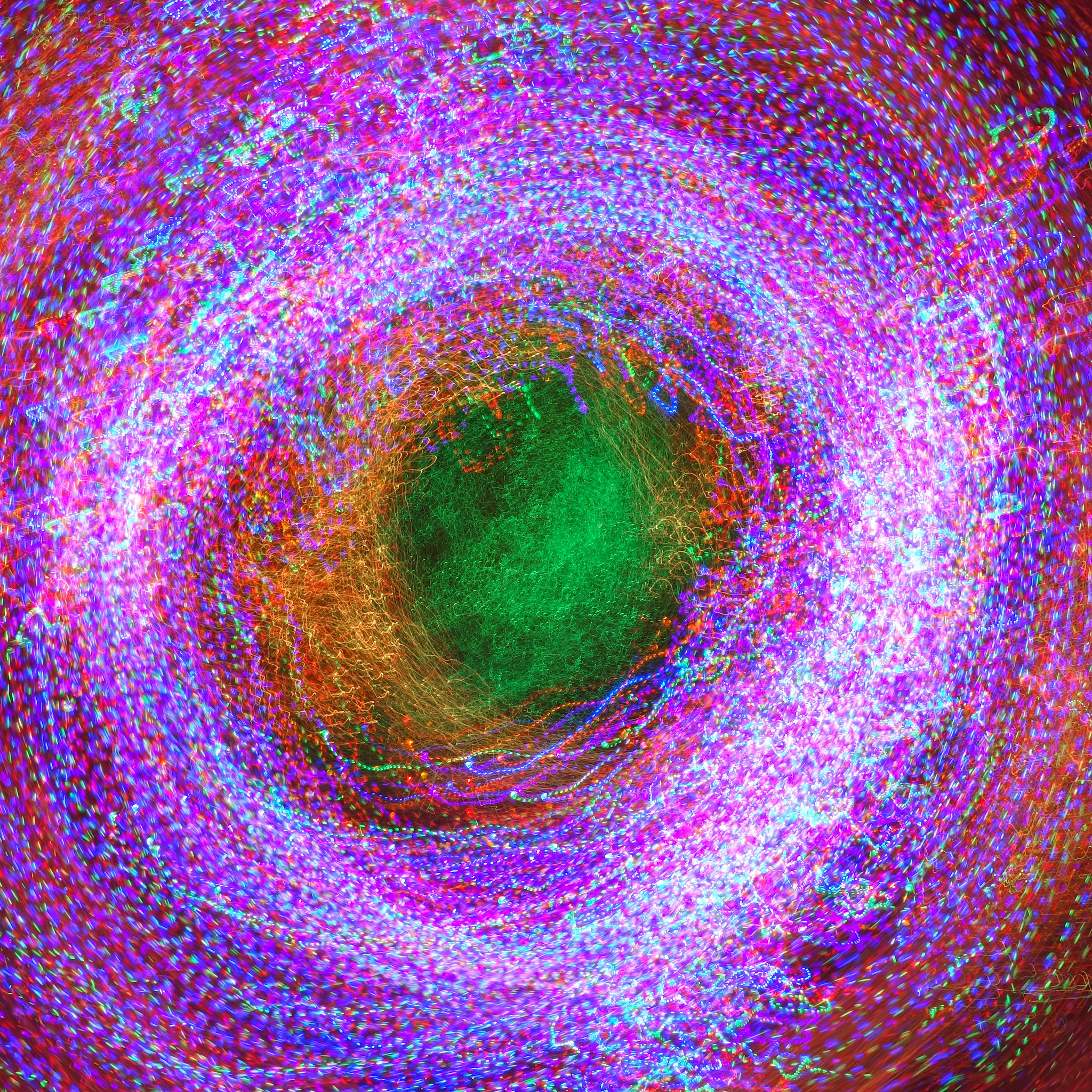
Macroscopic: Visibility on a Larger Scale – Definition and Origin
Explore ‘macroscopic’, from Greek ‘makros’ (large) and ‘skopein’ (to look), describing objects visible to the naked eye.
But you don't know it
Word physics originates from Greek word Φυσική (fysiki meaning physics).
The word in Greek originates from word Φύση (Fysi , which means nature).
In this funny video from Big Bang Theory show declares that comes from word Fysika that is true as in Ancient Greek the works about physics named Fysika and meant physical phenomena.
So the science to understand the laws of Nature is physics.

Explore ‘macroscopic’, from Greek ‘makros’ (large) and ‘skopein’ (to look), describing objects visible to the naked eye.

Unravel ‘metre’, from Greek ‘metron’ for measure, a fundamental unit in the International System of Units.

Discover ‘atom’, from Greek ‘atomos’ meaning indivisible, the cornerstone of modern science and matter.

Unpack ‘nanometre’, from Greek ‘nanos’ (dwarf) plus ‘metre’, for minuscule scale precision.

Discover ‘eclipse’, from Greek ‘ékleipsis’, a celestial event of cosmic hide and seek

Unearth ‘planet’s roots: from Greek ‘planētēs’ meaning wanderer, to its astronomical definition shaping modern cosmos

Delve into ‘exoplanet’: Greek ‘ἔξω’ (outside) shapes its term for planets orbiting stars beyond our solar system

The word “cosmology” comes from the Greek word “κοσμολογία” (kosmologia), which itself is derived from two Greek words: “κόσμος” (kosmos) meaning “world” or “universe,” and “λόγος” (logos) meaning “word,” “study,” or “discourse.” The term “κόσμος” in ancient Greek not only referred to the universe but also had connotations of order and harmony.
